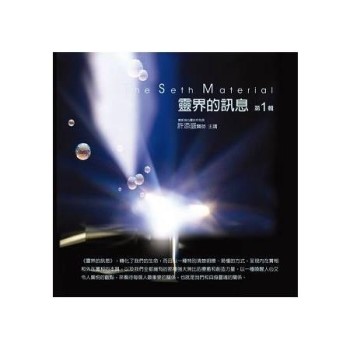Wendell Willkie never held a public office, yet he nearly became president of the United States. A registered Democrat until the fall of 1939, he captured the Republican party’s nomination less than a year later. It was, by all accounts, a meteoric rise--to win the nomination Willkie defeated such party stalwarts as Thomas Dewey, Robert Taft, and Arthur Vandenberg. These Republican front-runners had been insisting that the war in Europe wasn’t a national concern since two oceans protected the U.S. from the aggressors, while for months Willkie had warned of the danger of a Europe controlled by fascists. Shortly before the GOP convened in Philadelphia, Hitler’s armies swallowed Denmark, Norway, the Low Countries, and France. In a time for heroes, Willkie was a man of the hour.
Almost overnight Willkie moved the Republican party out of its hidebound isolationism and sent a message to the world that Americans stood together against Axis aggression. Roosevelt, although recognizing Willkie as a formidable political opponent, called his nomination a "godsend" because it finally brought national unity.
Roosevelt’s election to a third term--and Willkie’s defeat--turned out to be the closest presidential race in a generation, and Willkie received more votes than any previous Republican candidate, setting a record that stood until Eisenhower’s ’52 landslide. And despite his defeat, Willkie grew in stature becoming Roosevelt’s special envoy during World War II, first to London during the Blitz and later to the Middle East, to Russia, and to China. On the home front Willkie became the spokesman of the One World philosophy that influenced U.S. foreign policy for a generation and the conscience of American politics, speaking out against isolationism, imperialism, and the persecution of minorities.












